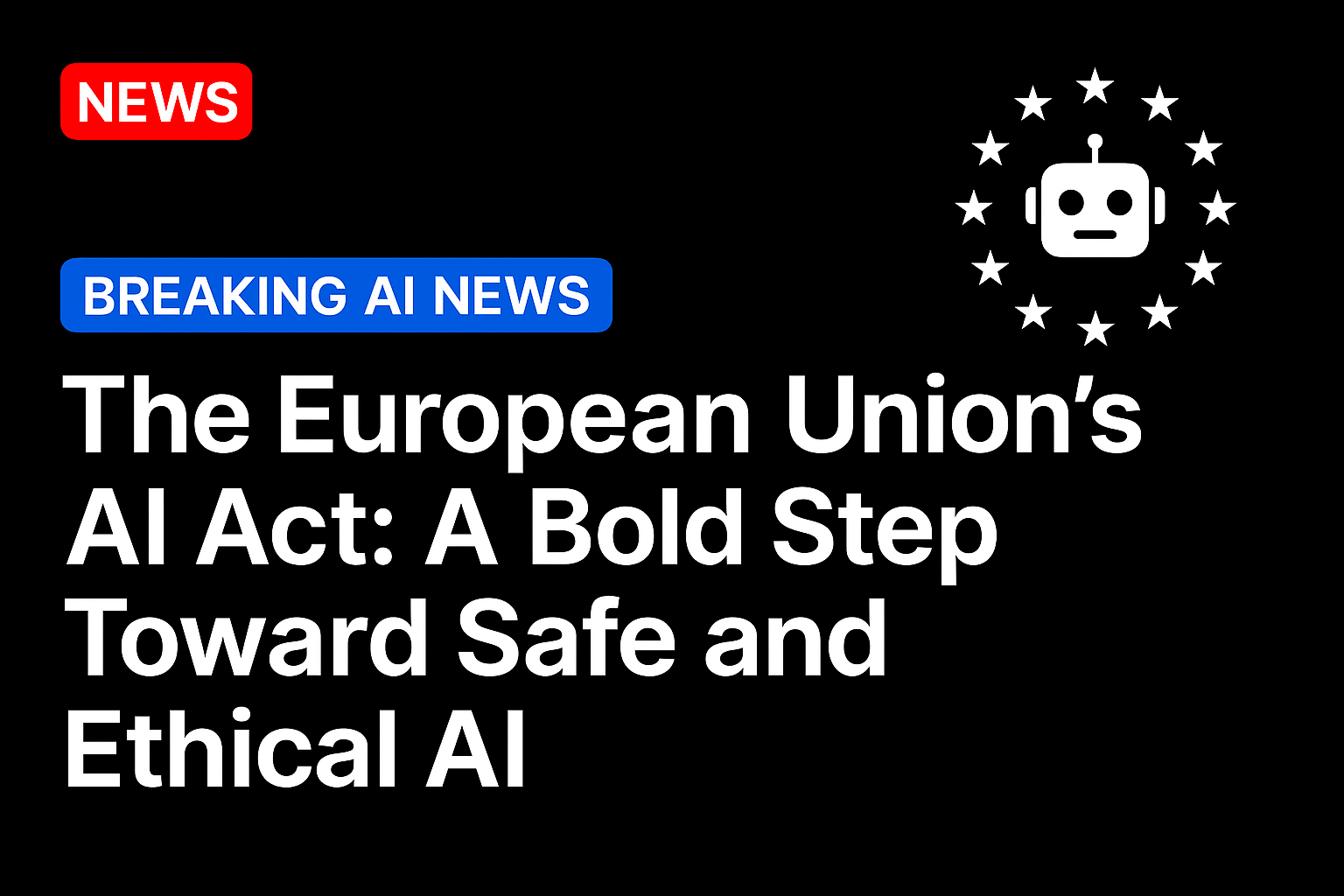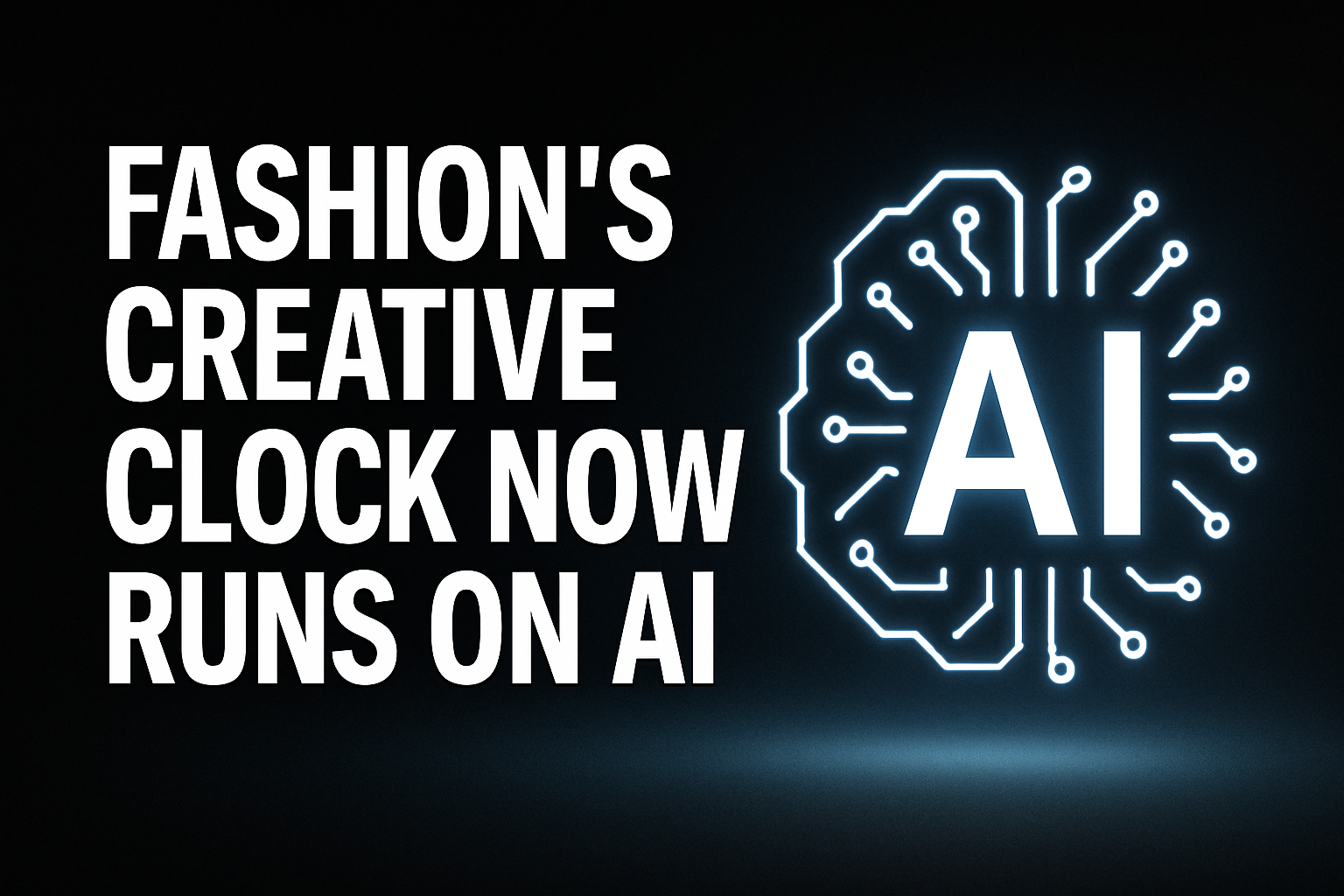The European Union has taken a historic leap in the regulation of artificial intelligence with the European Commission’s AI Act, a groundbreaking piece of legislation designed to ensure that AI serves people, not the other way around. As the world grapples with the rapid pace of technological innovation, the EU’s risk-based framework sets a precedent for responsible governance while fostering innovation and trust.
A Risk-Based Approach to AI
At the heart of the AI Act is a risk-based classification system that tailors regulatory requirements to the level of risk posed by an AI application. This nuanced approach acknowledges that not all AI systems carry the same potential for harm:
- Unacceptable Risk: AI systems that threaten safety, livelihoods, or fundamental rights—such as social scoring by governments or real-time biometric surveillance—are outright banned.
- High Risk: Systems used in critical areas like healthcare, law enforcement, and education are allowed, but subject to stringent obligations to ensure safety, transparency, human oversight, and accountability.
- Limited or Minimal Risk: Systems like chatbots or spam filters face light-touch transparency rules, ensuring users are informed when interacting with AI.
By differentiating requirements based on risk, the EU aims to protect citizens from the most harmful AI practices while encouraging the development of low-risk, beneficial applications.
Key Principles: Transparency, Accountability, Oversight
The AI Act emphasizes three foundational principles:
- Transparency: Developers must disclose key information about high-risk AI systems, including how they work and their intended purpose, so that users can make informed choices.
- Accountability: Providers of high-risk AI are obligated to conduct risk assessments, maintain technical documentation, and implement corrective actions when issues arise.
- Human Oversight: Automated decisions that can significantly impact individuals must always include meaningful human review and intervention options.
These requirements reflect the EU’s broader commitment to safeguarding human dignity, democratic values, and fundamental rights in the digital age.
Global Impact and Future Challenges
The AI Act is not just European in scope—it is likely to influence global norms. Companies that operate in the EU will need to comply, which may set de facto standards for AI development worldwide. Observers already compare its potential impact to that of the GDPR on data privacy, inspiring similar laws in other regions.
However, challenges remain. Critics argue about potential compliance burdens for startups and the pace at which regulation can keep up with evolving technology. The European Commission has responded by pledging ongoing consultation and updates to ensure the law remains fit for purpose.
Conclusion
The European Commission’s AI Act is a milestone in responsible innovation—a bold effort to harness AI’s benefits while mitigating its risks. As Commissioner Thierry Breton aptly put it: “Europe is paving the way for trustworthy AI. By setting clear rules, we protect our citizens and give our companies a competitive edge.”
For more details and updates on the AI Act, visit the official European Commission website: ec.europa.eu.





